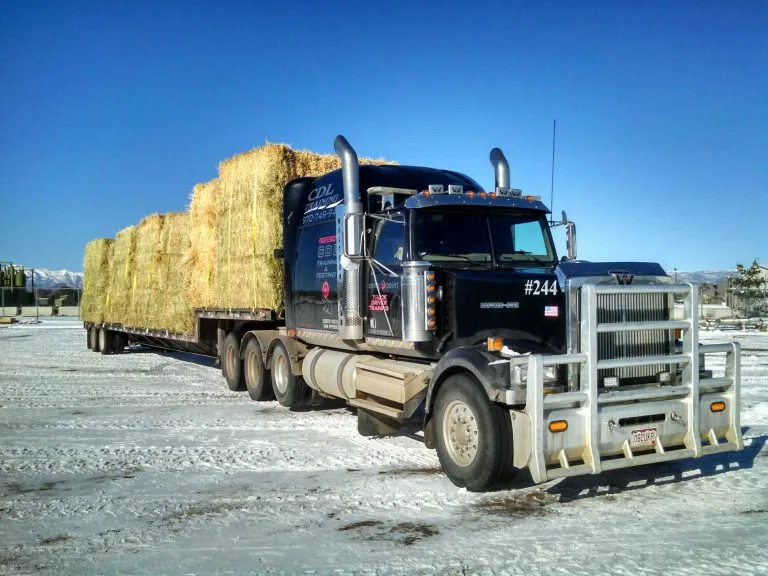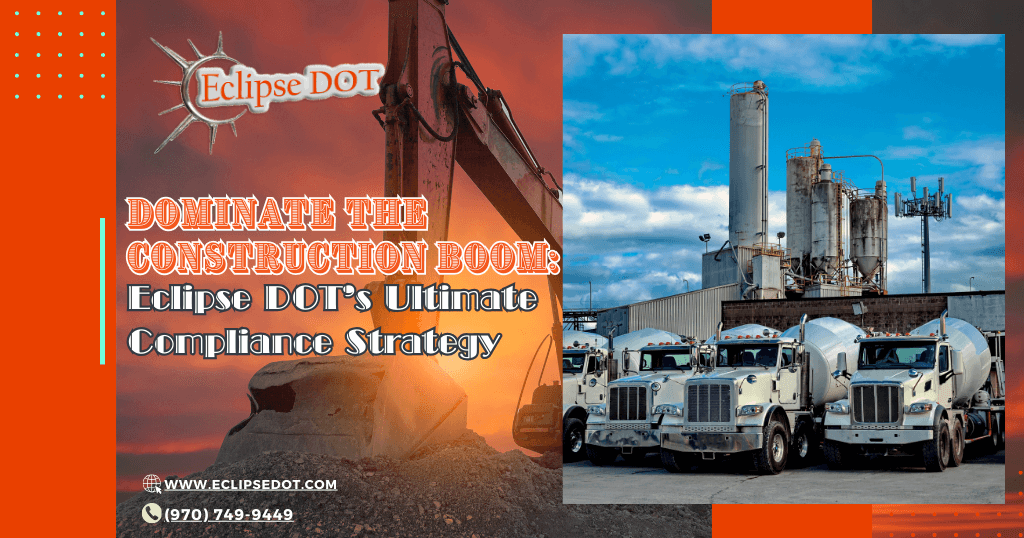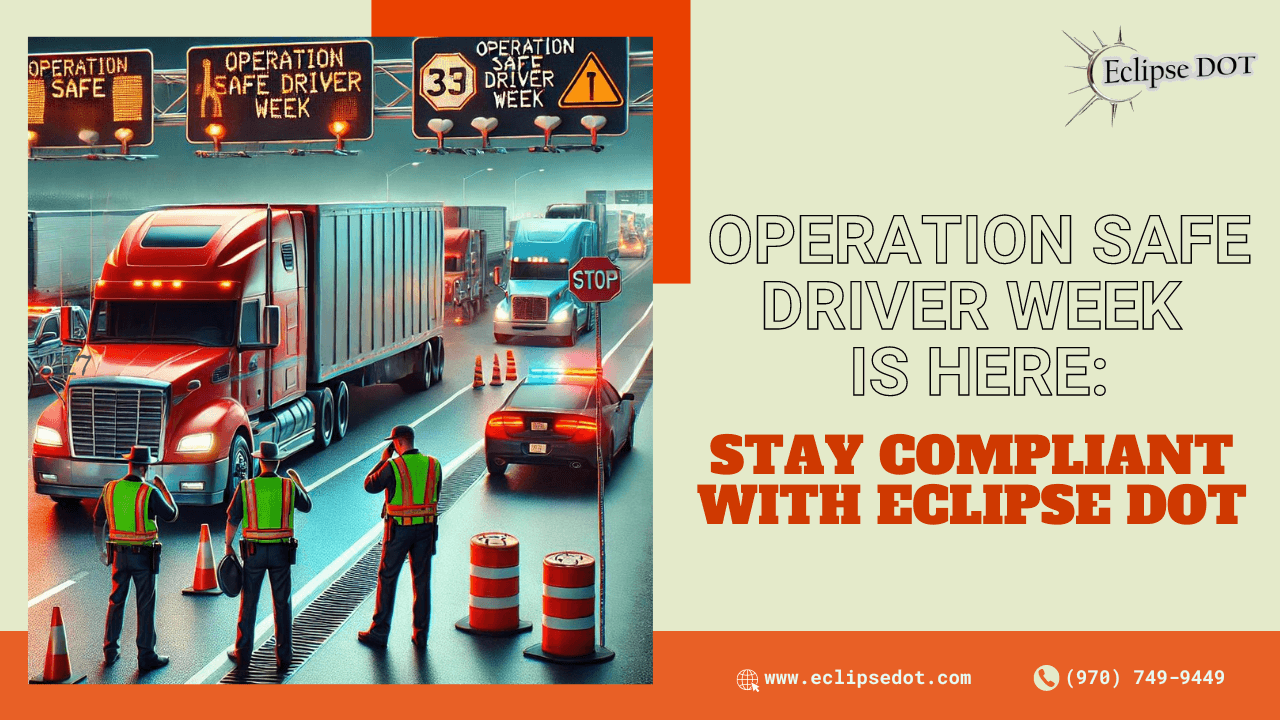When it comes to the trucking industry, navigating the maze of permits and licenses can feel like trying to find your way through a dense forest. However, at Eclipse DOT, we’re here to shine a light on this complex subject and provide you with a clear path to understanding the permits and licenses required for various types of cargo and operations.
1. The Foundation: DOT Number
Before we dive into the specific permits, let’s start with the foundation of it all: the Department of Transportation (DOT) Number. This unique identifier is essential for all commercial vehicles involved in interstate commerce. It’s like the key to the regulatory world, allowing authorities to track your compliance. Obtaining and displaying your DOT Number is the first step in your journey.
2. The Intricacies of Interstate vs. Intrastate Operations
Understanding whether your operations are primarily interstate or intrastate is crucial. Interstate operations involve crossing state lines, while intrastate operations stay within a single state. Different permits and licenses apply to each category, so determining your status is the starting point.
3. Common Permits and Licenses
Now, let’s break down some of the common permits and licenses you may encounter:
- CDL (Commercial Driver’s License): If you’re driving a commercial vehicle, you’ll need a CDL. The class of CDL depends on the type of vehicle you’re operating.
- IRP (International Registration Plan): This permit is crucial for vehicles that travel across state lines. It simplifies the process of registering in multiple states.
- IFTA (International Fuel Tax Agreement): If your operations involve crossing state lines, you’ll need IFTA. It streamlines fuel tax reporting for vehicles that travel in multiple jurisdictions.
- HazMat (Hazardous Materials) Endorsement: Required for transporting hazardous materials, this endorsement involves additional training and testing.
- Overweight/Oversize Permits: When carrying larger or heavier loads, you’ll often need special permits to comply with state regulations.
4. Specialized Permits for Unique Cargo
Depending on the nature of your cargo, additional permits might be necessary:
- Oversize Load Permit: For transporting exceptionally large or wide cargo.
- Trip and Fuel Permits: Needed for specific trips or for operating in certain states.
- Special Hauling Permits: Required for transporting items like construction equipment or mobile homes.
5. Continuous Compliance
The trucking industry is ever-evolving, and so are the permit and licensing requirements. It’s essential to stay informed about changes in regulations and renew permits as needed to avoid fines and disruptions to your operations.
Conclusion: Charting Your Course to Compliance
Navigating the regulatory maze of permits and licenses may seem daunting, but it’s a vital part of ensuring your trucking operations are legal and successful. Understanding which permits and licenses apply to your specific situation is the first step to compliance.
At Eclipse DOT, we’re here to provide you with the guidance and knowledge you need to navigate this complex terrain. Whether you’re transporting hazardous materials, oversized cargo, or running interstate operations, we’ve got your back. Remember, compliance isn’t just about following rules; it’s about safety and success on the road.
If you have questions about permits and licenses or need assistance with any aspect of your trucking operations, don’t hesitate to reach out. We’re here to help you chart your course to compliance and prosperity in the trucking world.





